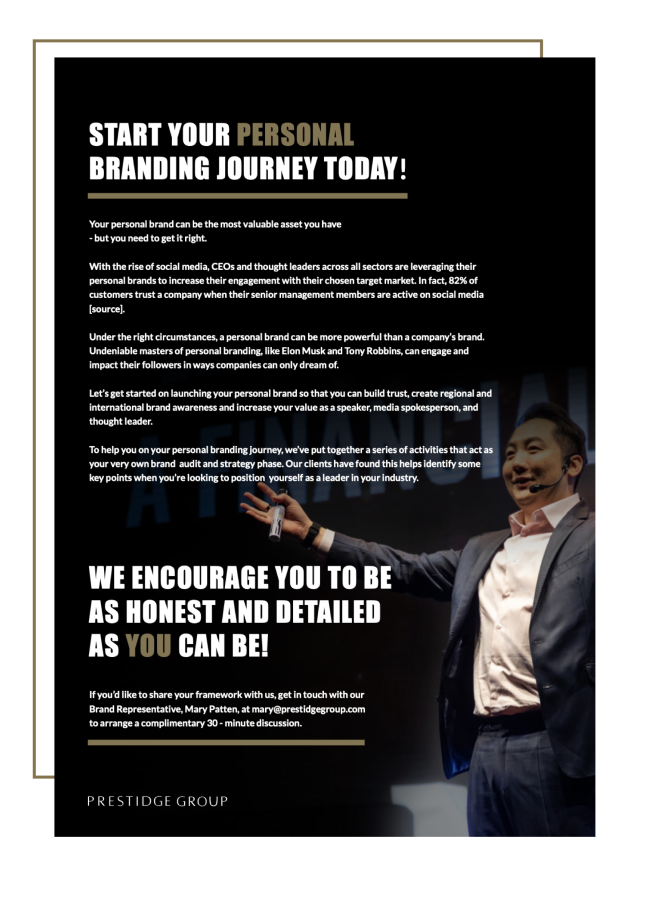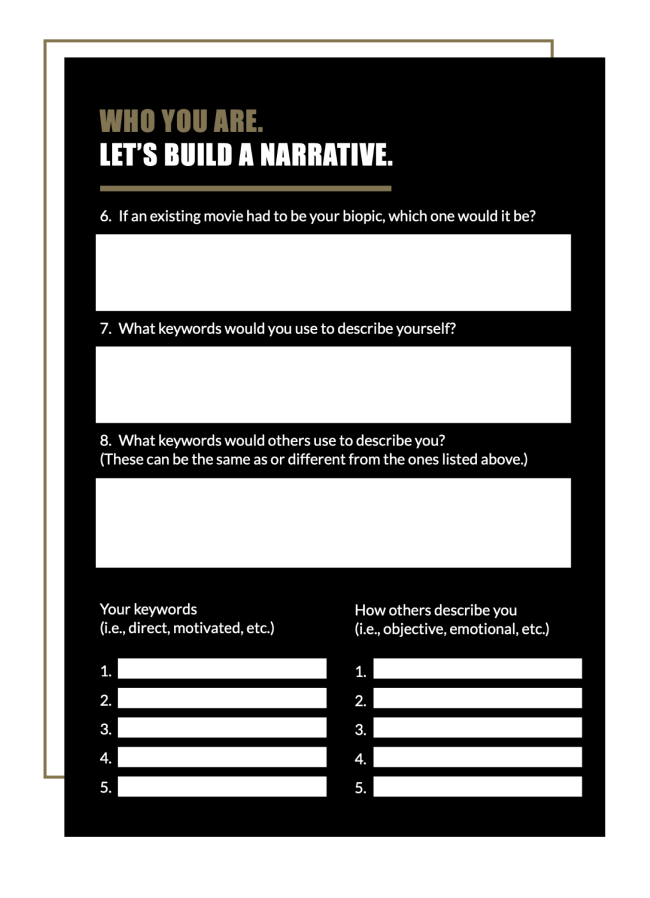By Sandi Sonnenfeld, US Director of Client Strategy & Accounts
US colleges and universities are facing true headwinds. While enrollments have begun to stabilize since the pandemic, they remain below pre-Covid levels, with more prospective students, parents, businesses and lawmakers questioning the long-term value of a bachelor’s degree given the continuing rise in tuition costs. This is a valid concern given that 41% percent of college graduates between the age of 22 and 27 currently hold jobs in fields unrelated to their majors or for which a college degree isn’t required. Full-time enrollment rates for associate and bachelor degrees are unlikely to rebound as by 2034, the number of Americans over the age of 65 will outnumber those under the age of 18 for the first time in U.S. history. This will mean fierce competition among colleges and universities to attract full-time students, particularly those opting for the residential college experience.
College and university presidents face increasing challenges and pressures
At the same time, today’s students are graduating just as the AI Revolution is gaining steam. This will result in a radical shift in the types of jobs available and the skills that humans will need to master to work side by side with machines. A recent report from Goldman Sachs economists said as many as 300 million positions could be partially or fully displaced to disruption, impacting 30-50 percent of the U.S. workforce over the next five to 10 years. Many of these workers may already have college degrees but will need critical retraining and upskilling. This offers a huge opportunity for colleges and universities to educate millions of workers of all ages and levels. But colleges and universities, including community colleges, will have to work extremely closely and build effective partnerships with businesses and industry to help develop and provide such training or risk losing out to executive and worker-training programs run by corporate services providers.
On top of all that, America’s demographics are changing rapidly. Racial diversity is increasing not only at a nationwide level but also within American families. While the US Census reports that people of color and of Hispanic origin will slightly outnumber the number of White non-Hispanics by 2044, the number of Americans who identify as two or more races or ethnicities is growing even faster. Since 2010, the number of Americans identifying as multiracial has increased by 276 percent to more than 34 million. Indeed, among those identifying as White, one in five Americans are also of one or more additional races: Likewise, nearly 30 percent of all U.S. births today involving a Hispanic parent also involve a non-Hispanic parent. Thus rather than a scenario in which Americans identify and associate themselves with a particular race, ethnicity, or gender, more and more Americans will view themselves as racially integrated and gender fluid.
For many Americans, this promises a more welcoming, inclusive society which perhaps can help us move beyond identity-based politics and systemic racism. But for others, these coming changes are viewed with fear and acrimony, a situation that has encouraged some politicians and media pundits to embark on a culture war against colleges and universities, calling for everything from the end of tenure and the defunding of DEI programs to banning the discussion of certain concepts and books in the classroom and on campus. While such culture wars are not new, both liberal and conservative faculty have lost jobs as a result, while students report being attacked for who they are or their beliefs and feeling physically and emotionally unsafe. Students and faculty alike also complain that college administration officials too often quell freedom of speech on campus while other students demand “safe spaces” where they don’t have to be exposed to views they disagree with. This creates a distinct chill on healthy debate and open discourse that for so long has been central to academic learning.
Less time to make your mark
Given such challenges, it should come as no surprise that the average tenure of a college/university president has gone from 8.5 years in 2006 to 6.5 years today. And many higher education analysts predict that five-year tenures will soon become the norm. This leaves college/university presidents with limited time to make an impact on their institutions and demonstrate their effectiveness and influence.
As a result, many college and university presidents are turning to executive branding to enable them to introduce themselves more quickly to their various constituents both on and off campus and share their insights on initiatives they propose for their institutions or about higher education in general.
Understanding executive branding
Executive branding, which generally consists of a mix of social media, thought leadership media relations and credentialing activities such as speaking engagements at top conferences or on podcasts, is an inbound marketing strategy that helps you achieve specific personal or professional goals.
Benefits include:
- Build online relationships with constituents so they get the chance to get to know you better as a person and as a professional, even though you may not always have the time to meet with them in person on a regular basis. Open communication, both in person and online, is the best way to earn trust.
- Highlight or provide more in-depth insights about initiatives and programs you deem a priority or care about the most to increase support and maximize success.
- Provide your target audiences with the information they want and need to make informed decisions not only about the university you lead, but about other topics on which you are an expert.
- Support college or university recruiting efforts as it gives faculty and staff candidates the opportunity to understand your viewpoints and approach to a wide range of higher education and management issues and learn more about upcoming initiatives they might be interested in.
- Widen your exposure to organizations, news outlets and individuals outside your university or field who nonetheless may have an interest in your unique skills, experience and capabilities. This often results in requests for media interviews, speaking and writing opportunities in your academic field or invitations to serve on an advisory council or board of a company, nonprofit or association you admire. It also may lead to new career opportunities that may not have been aware of before at a time of quick turnover and a rapidly evolving landscape.
While most external PR and corporate branding agencies focus on managing and enhancing the image of a company or institution, a personal branding agency focuses on you and what you bring to the table. While some of our clients come to us wanting to initiate a personal branding campaign to advance their own personal or professional goals, we also are often contacted by and work directly with college and university communications professionals, who recognize that building the president’s individual brand helps enhance the reputation, achievements and offerings your university provides.













